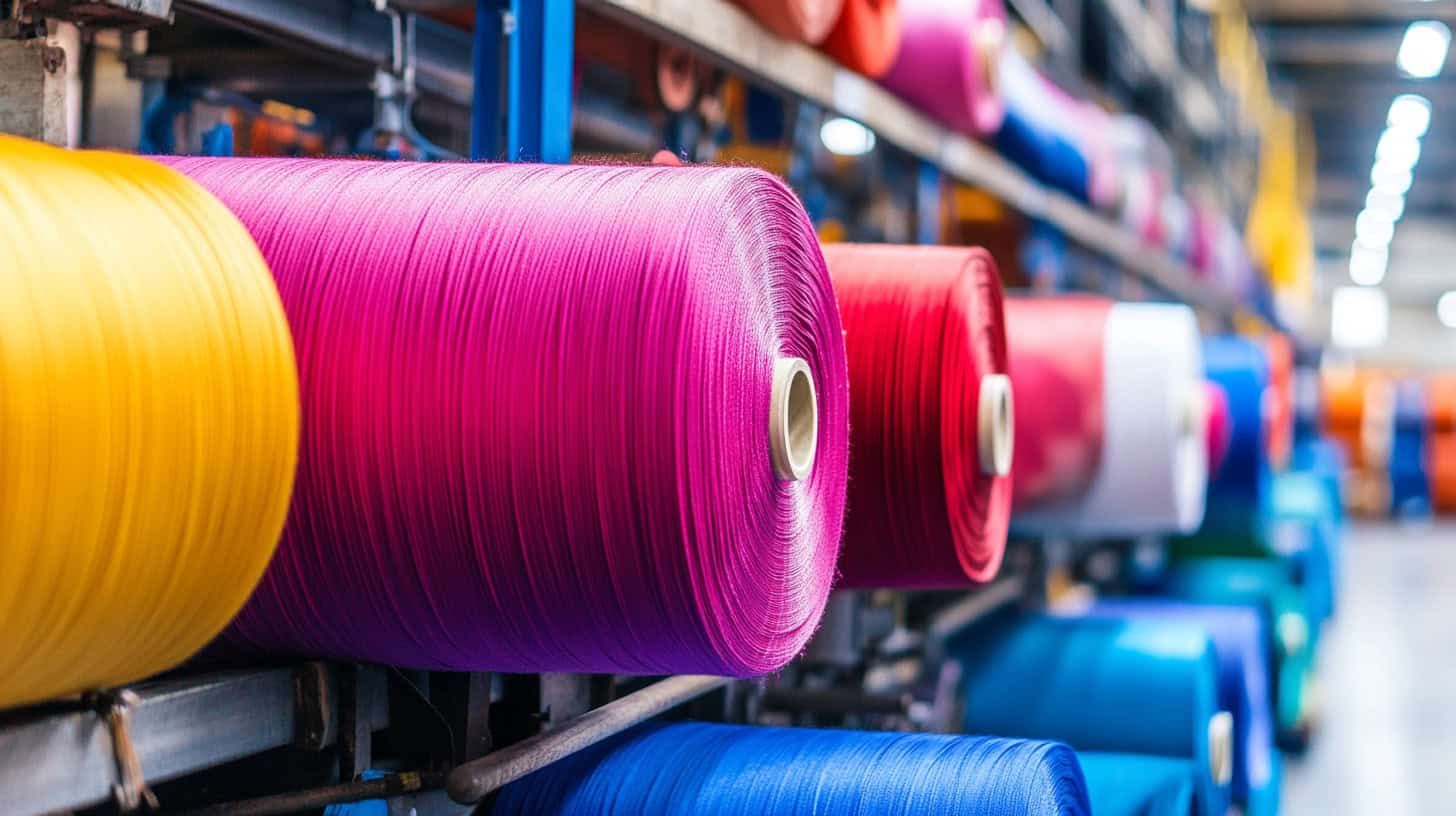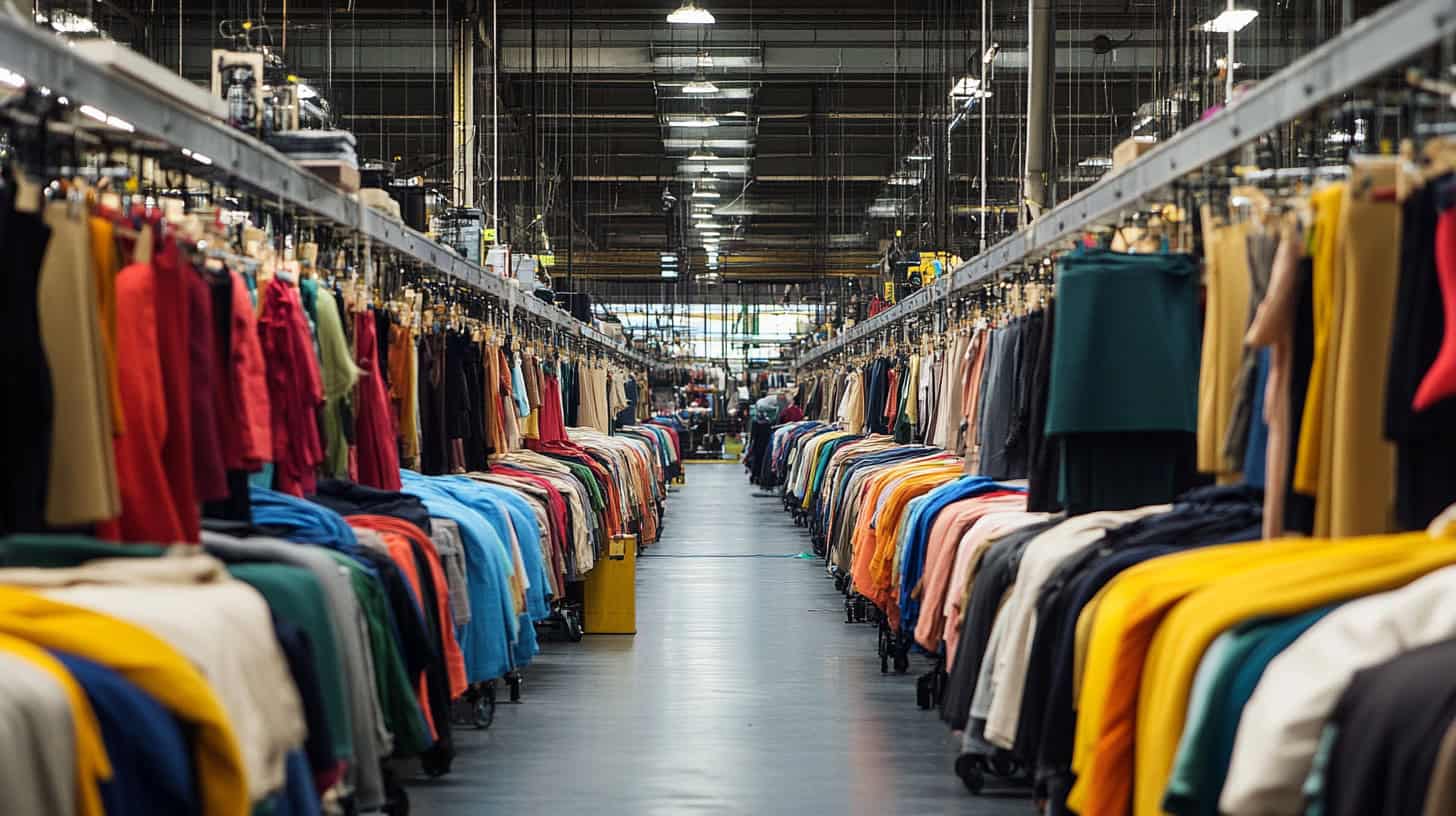
Textile and Fashion Industry: Navigating Challenges and Opportunities in 2024
The textile and fashion industry, a cornerstone of global commerce and culture, is experiencing a period of significant transformation as it enters 2024. This sector, known for its dynamism and ability to adapt to changing consumer preferences, is facing a unique set of challenges and opportunities. From sustainability concerns to technological advancements, the industry is at a crossroads that demands innovation, resilience, and strategic thinking.
Current State of the Industry
Key Challenges
Economic Uncertainty
Sustainability Pressures
Digital Transformation
Supply Chain Disruptions
Changing Consumer Behaviors
Economic Uncertainty
Opportunities and Trends
Technological Innovation
Circular Fashion
Personalization at Scale
Focus on Emerging Markets
Sustainable Materials Innovation
The Role of Logistics in the Fashion Industry
In this complex and evolving landscape, efficient logistics play a crucial role in the success of fashion companies. This is where specialized logistics providers like General Cargo come into play, offering tailored solutions to meet the unique needs of the textile and fashion sector.How General Cargo is Supporting the Industry
How General Cargo is Supporting the Industry
General Cargo, with its extensive experience in global freight forwarding, has positioned itself as a key partner for fashion and textile manufacturers and retailers. Here’s how General Cargo is helping the industry navigate its current challenges:
- Comprehensive Logistics Solutions
- Transportation Management: Utilizing road, air, sea, and rail options to ensure efficient movement of electronic components and finished products.
- Warehousing and Fulfillment: Strategic locations across Europe for optimal inventory management and distribution.
- Customs Clearance and Documentation: In-house services to navigate complex international trade regulations, which is particularly crucial in the post-Brexit landscape.
- Returns Management: Supporting the entire lifecycle of electronic products, including efficient handling of returns and repairs.
- Strategic European Network
- Specialized Handling for High-Tech Goods
- Secure transportation of high-value electronic components
- Specialized handling for delicate electronic devices
- Temperature-controlled transport for sensitive components
- Just-in-Time Delivery Support
- Technology Integration
- Real-time tracking of shipments
- Integration with clients’ ERP systems for seamless data flow
- Advanced analytics for continuous improvement of logistics processes
- Flexibility and Scalability
- Sustainability Initiatives
- Cybersecurity and Data Protection
Challenges and Future Outlook
Balancing Sustainability and Profitability
Adapting to Changing Retail Landscapes
Managing Supply Chain Complexities
Addressing Labor and Ethical Concerns
Navigating Regulatory Changes
Looking Ahead
The textile and fashion industry is at a pivotal point. As it navigates through economic uncertainties and changing consumer behaviors, the industry is also embracing opportunities for innovation and sustainability. The success of fashion brands in 2024 and beyond will depend on their ability to:
- Embrace digital technologies for enhanced customer experiences and operational efficiencies
- Implement sustainable practices throughout their supply chains
- Offer personalized products and services that resonate with conscious consumers
- Build flexible and resilient supply chains capable of adapting to global challenges
- Leverage data and analytics for better decision-making in design, production, and marketing
In this context, the role of logistics partners like General Cargo becomes increasingly critical. By providing efficient, flexible, and technologically advanced logistics solutions, General Cargo is helping fashion brands navigate the complexities of global supply chains, meet sustainability goals, and respond quickly to market demands.
As the fashion industry continues to evolve, the partnership between innovative fashion brands and specialized logistics providers will be key to driving success in this dynamic and competitive global market. Companies that can effectively balance creativity, sustainability, and operational excellence, supported by strong logistics partnerships, will be best positioned to thrive in the ever-changing world of fashion.














